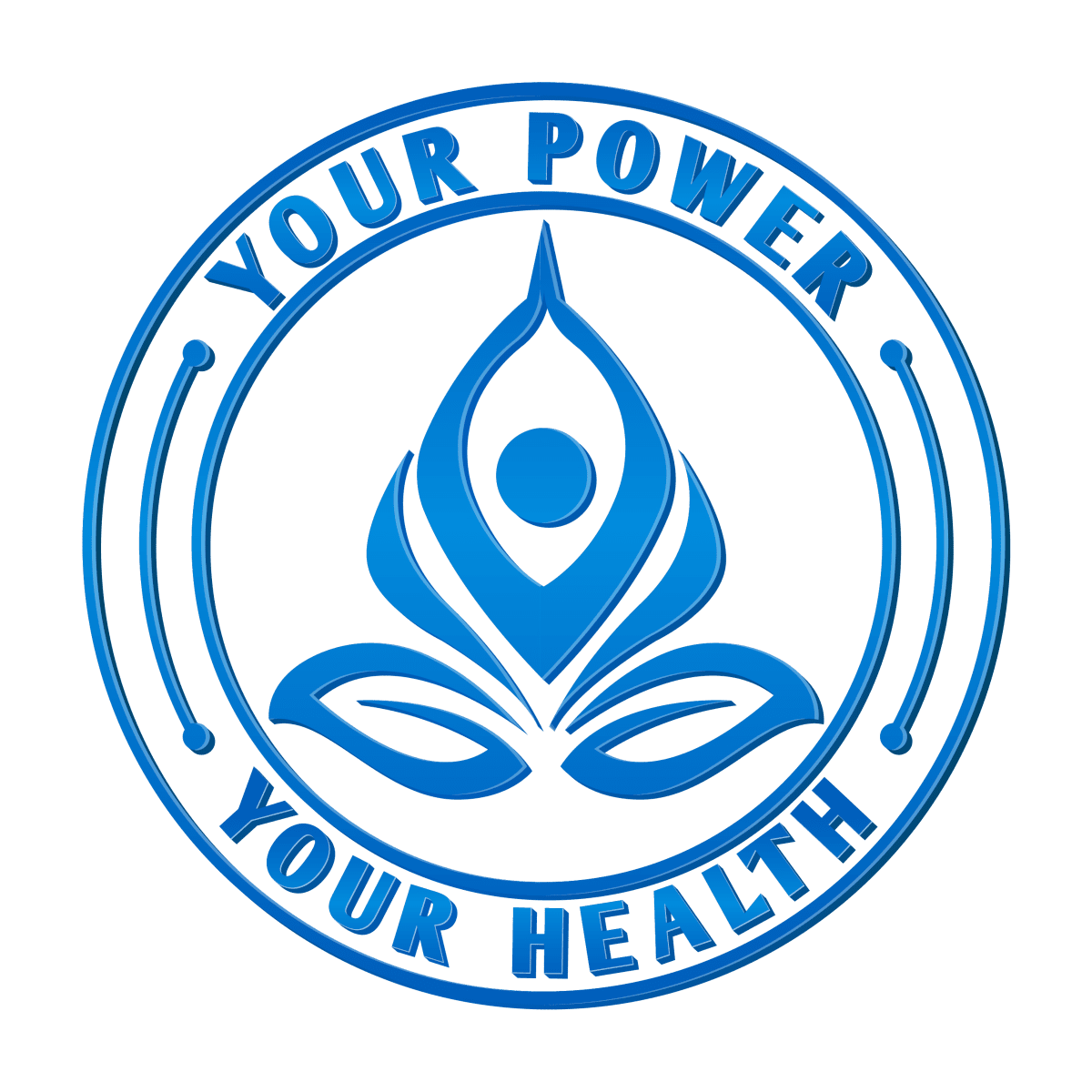We’ve often heard that Vitamin D is the sunshine vitamin. That’s because upon exposure to the sun, our bodies manufacture Vitamin D. But, we can also get it from food and supplements.
The Importance of Vitamin D
But why is Vitamin D so important? There are several reasons for us to maintain a healthy level of this vitamin, that isn’t actually a vitamin, but a hormone.
- Helps to maintain healthy teeth and bones
- Supports the brain, nervous system and immune system
- Helps to regulate insulin levels and manage diabetes
- Supports cardiovascular health and lung function
- Protects our bodies against diseases like:
- Cancer
- Type 1 Diabetes
- Multiple sclerosis
- It protects against the development of some allergies
- It supports a healthy pregnancy
Where do vitamins come from?
Vitamins cannot be made by our bodies so we must get them from an outside source. In the case of Vitamin D, when the sunlight hits our skin, our bodies can synthesize Vitamin D for our use. If we spend approximately 5-10 minutes several times a week with skin exposed to the sun without sunscreen, we probably can make enough Vitamin D to keep us healthy as long as we aren’t terribly deficient to begin with. Vitamin D is not stored in the body and breaks down quickly so we have to constantly replenish our supply. Much of the global population is living in a state of Vitamin D deficiency.
As a society, we don’t spend as much time outside as we once did. And when we are outside, we slather ourselves with sunscreen, blocking any opportunity for our skin to absorb the sunlight. Eating the nutrient deficient food of the Standard American Diet (SAD) also contributes to our deficiency. It’s important to find out if you are deficient in Vitamin D.
When I was diagnosed with breast cancer, I found out that I was quite deficient in this essential hormone. That, along with other poor lifestyle choices, may have contributed to the cancer. It was a wake-up call for sure. I am no longer Vitamin D deficient. This can be found through a simple blood test.
How much Vitamin D is enough?
Infants (0-12 months) – 400 IUs or 10 mcg
Children (1-18) – 600 IUs or 15 mcg
Adults (to age 70) 70-600 IUs or 15 mcg
Adults (over 70) 70-800 IUs or 20 mcg
Pregnant/lactating women – 600 IUs or 15mcg
Deficiency can occur for a number of reasons. Darker skin and sunscreen use inhibit the absorption of UVB rays needed for Vitamin D production. Sunscreen with SPF of 30 can reduce your absorption of sunlight by up to 95%. Skin needs to be uncovered and without sunscreen to absorb what is needed for Vitamin D production. If your lifestyle or your geography impedes your ability to be out in the sun, you should probably be getting your supply from food sources or supplementation.
Signs of Vitamin D deficiency
- susceptibility to infection
- fatigue
- painful bones and back
- depression
- slow wound healing
- hair loss
- muscle pain
Effects of prolonged Vitamin D deficiency
- Obesity
- Diabetes
- Hypertension
- Depression
- Fibromyalgia
- Chronic Fatigue Syndrome
- Osteoporosis
- Neurodegenerative diseases like Alzheimers or dementia
- Cancers of the breast, colon and/or prostate
Check your Vitamin D level as part of your health maintenance. It’s likely that most of the world’s population is deficient in this vital hormone. It’s easy to reverse the deficiency if you know it’s an issue. Knowledge is power.
As a health coach, I work with women who are facing serious health challenges like heart disease, metabolic syndrome and diabetes or who have been diagnosed as having a precursor to a serious health issue such as high blood pressure, high cholesterol or high blood sugar. I help them make food and lifestyle changes so they can get healthy, live longer and enjoy a fuller, happier, more energetic life. If you would like to have a free consultation about the health challenges you have and the improvements you would like to see in your health, click here to schedule a no strings attached call.






